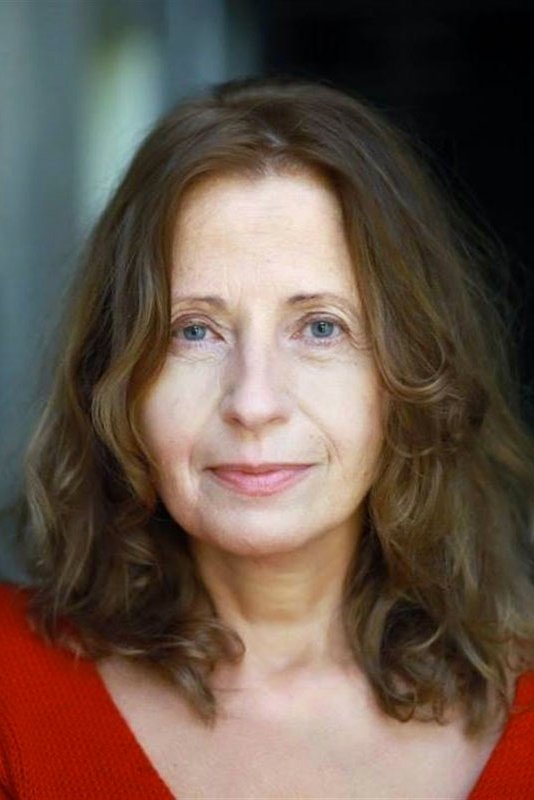
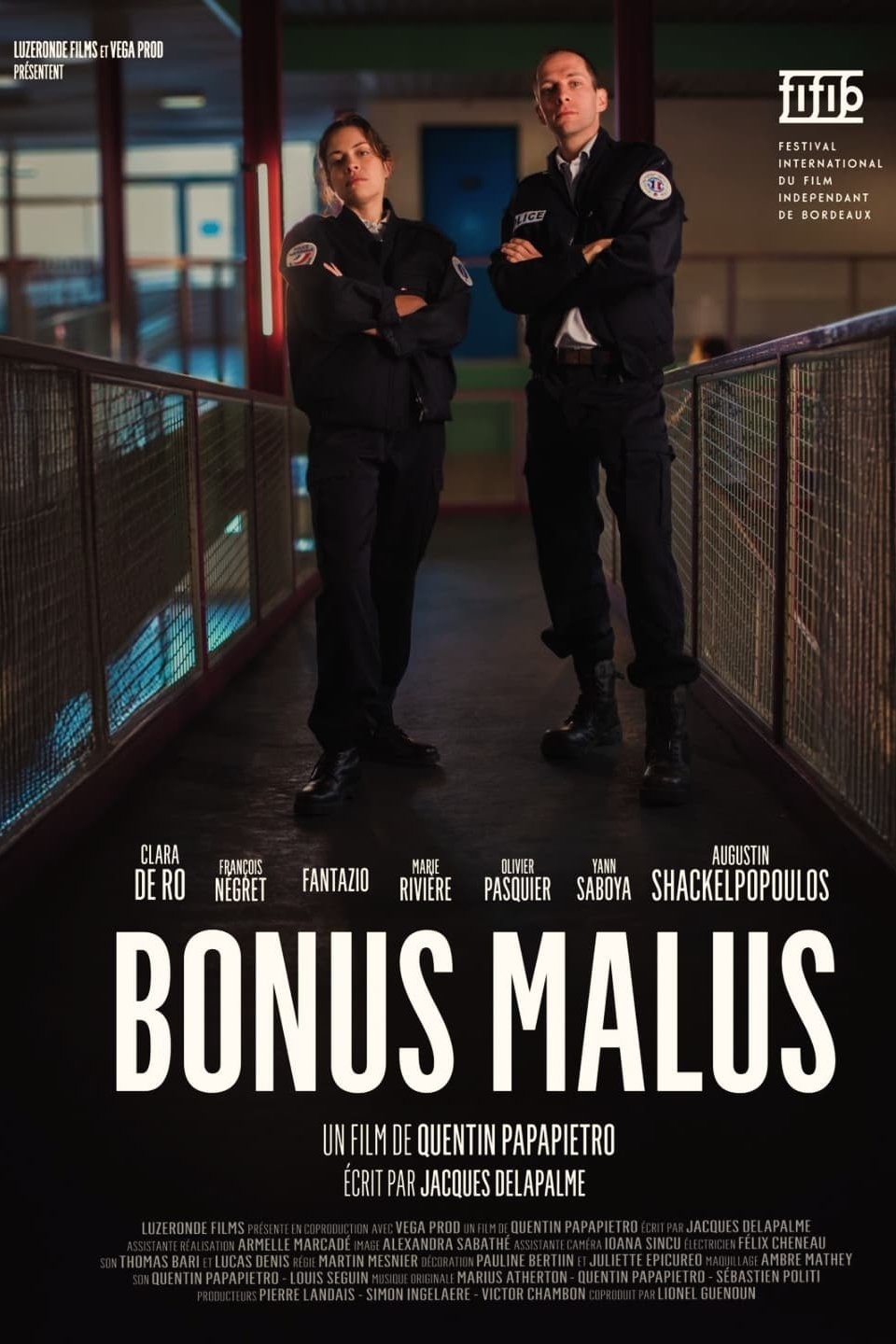
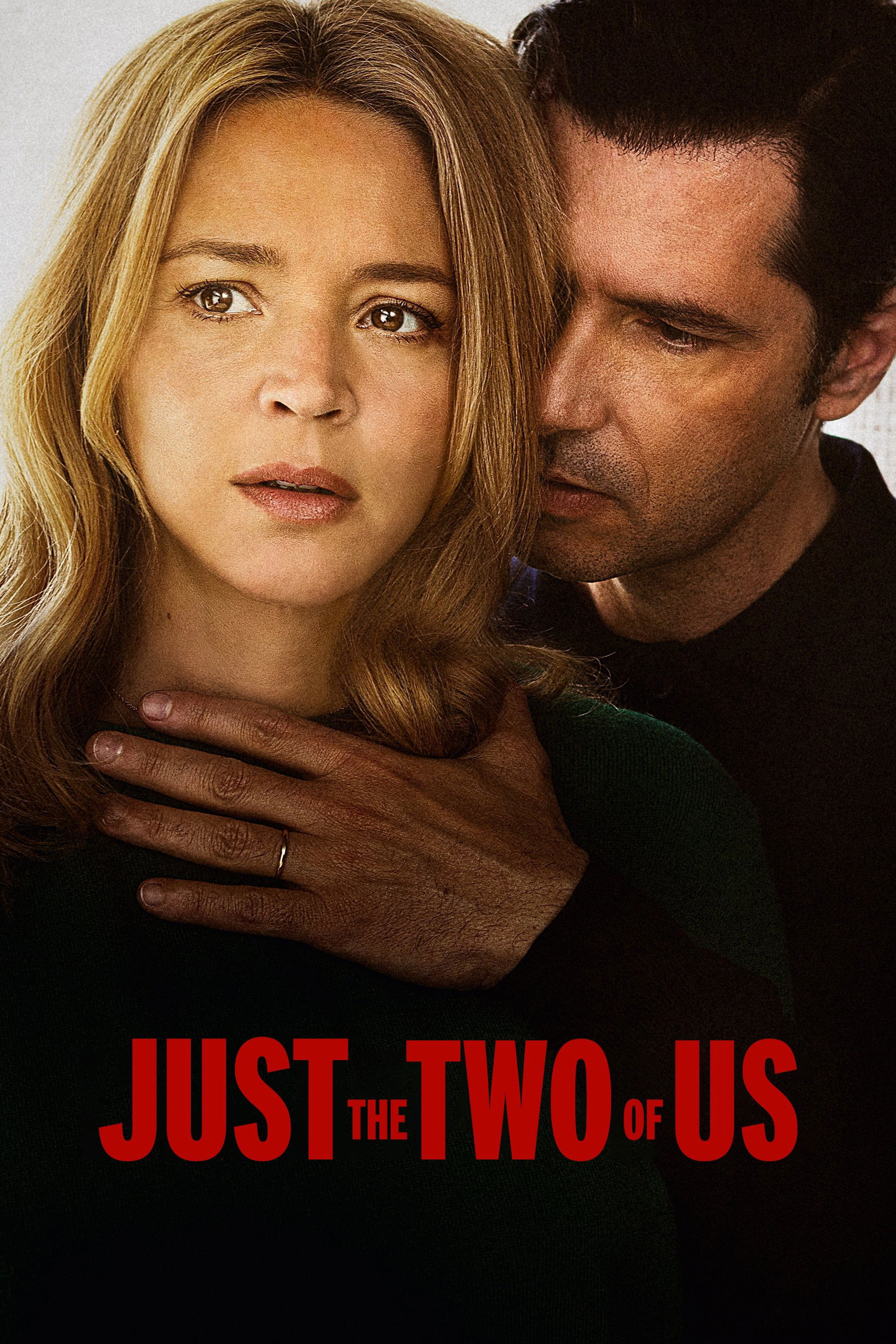
When Blanche meets Grégoire, she thinks she has found the one. The ties that bind them grow quickly, and a passionate affair ensues. Together, they relocate. For Blanche, far from her family, from her twin sister, Rose, a new life begins. But little by little, she finds herself caught in the grip of a deeply possessive and dangerous man.
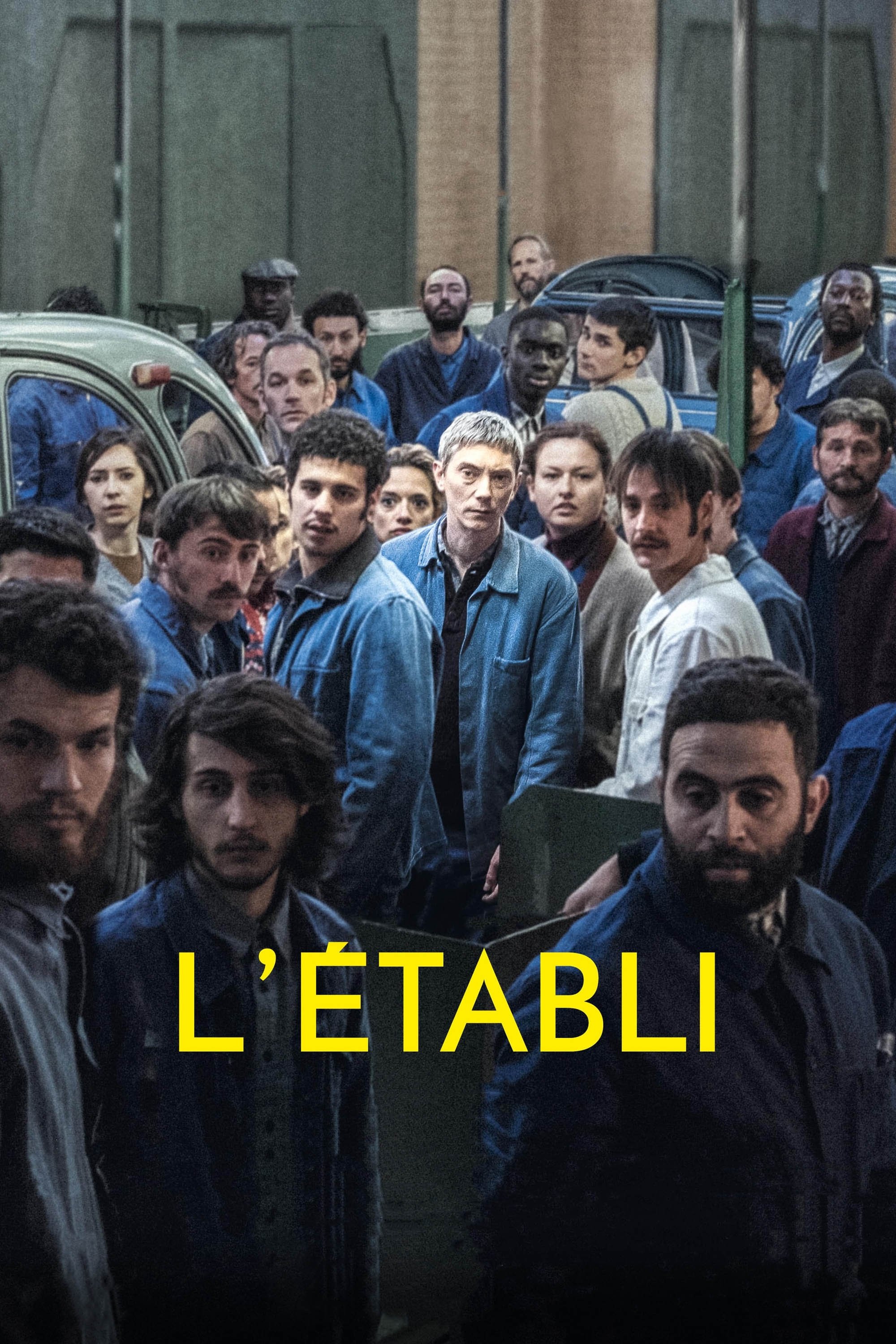
A few months after May '68, Robert, a graduate of the Ecole Normale Supérieure and a far-left activist, decides to get a job at Citroën as a line worker. Like other comrades, he wants to infiltrate the factory to rekindle the revolutionary fire, but the majority of workers no longer want to hear about politics. When Citroën decides to pay back the Grenelle Agreements by requiring workers to work 3 hours overtime per week for free, Robert and some others see the possibility of a social movement.
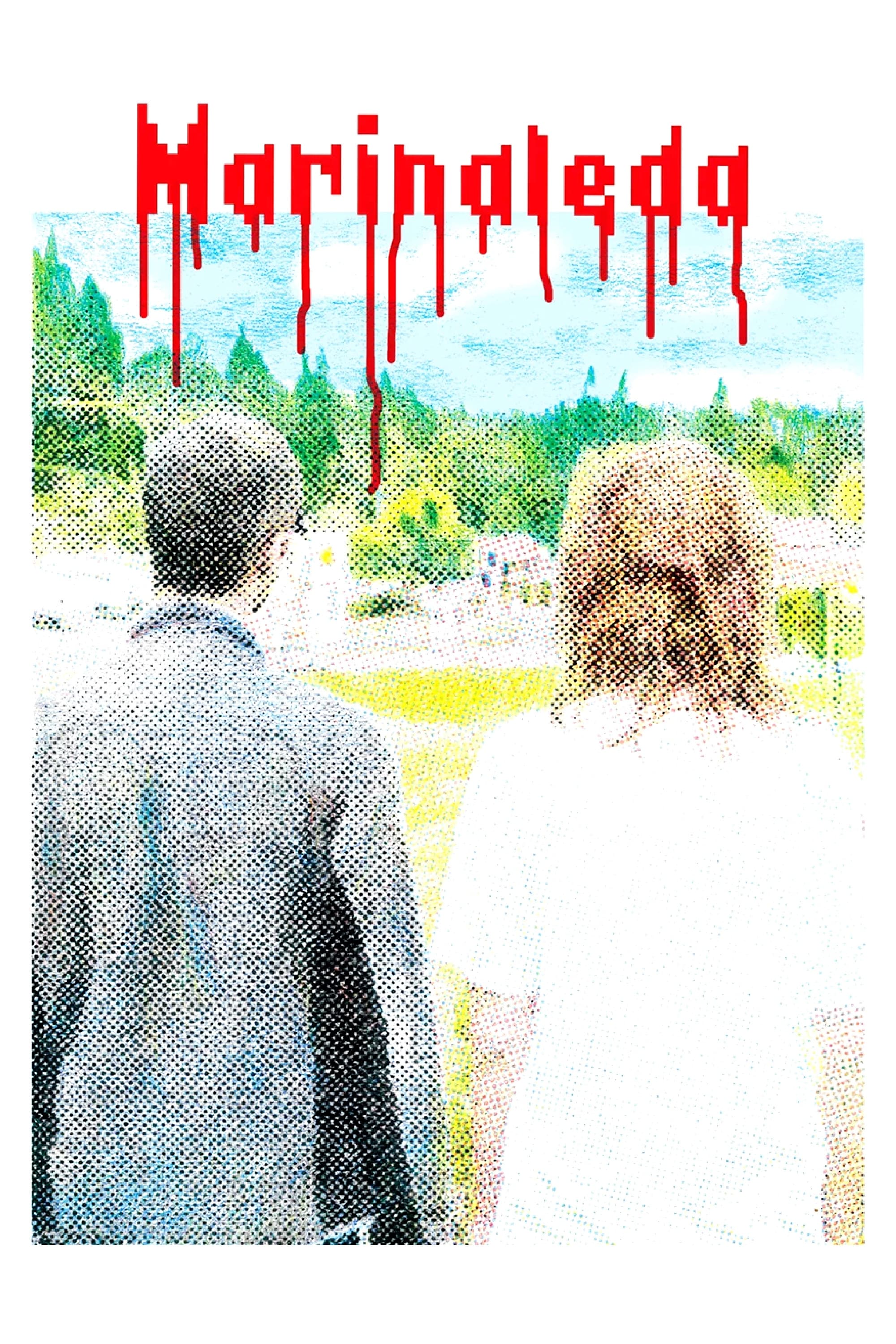
Marinaleda features two philosophical vampires trying to reach the self-managed village of Marinaleda in southern Spain.
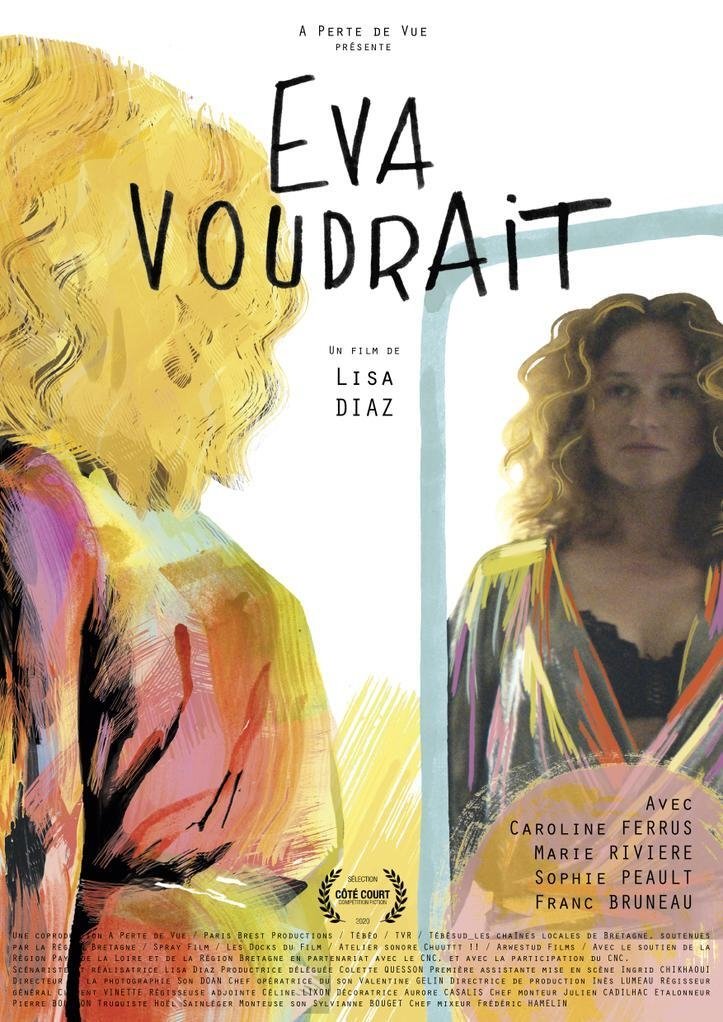
Éva, thirty-nine, lives alone. She would like to have a child. She may not have much time left. A gynecologist has just told her that her ovarian reserve is deplorable. The countdown begins. But she's instinctive, a bit messy and her battle plan lacks precision.
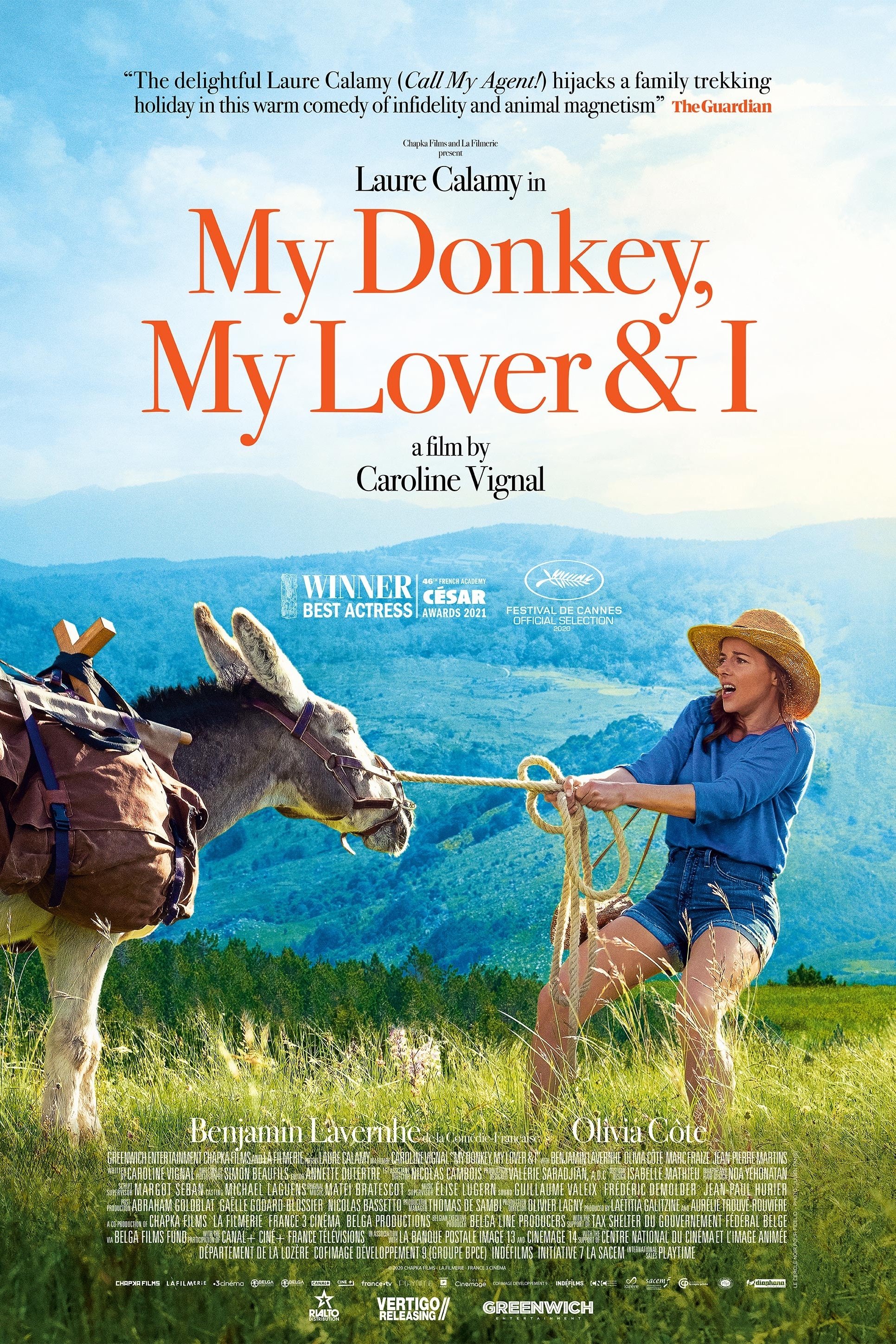
Antoinette, a school teacher, is looking forward to her long planned summer holidays with her secret lover Vladimir, the father of one of her pupils. When learning that Vladimir cannot come because his wife organized a surprise trekking holiday in the Cévennes National Park with their daughter and a donkey to carry their load, Antoinette decides to follow their track, by herself, with Patrick, a protective donkey.
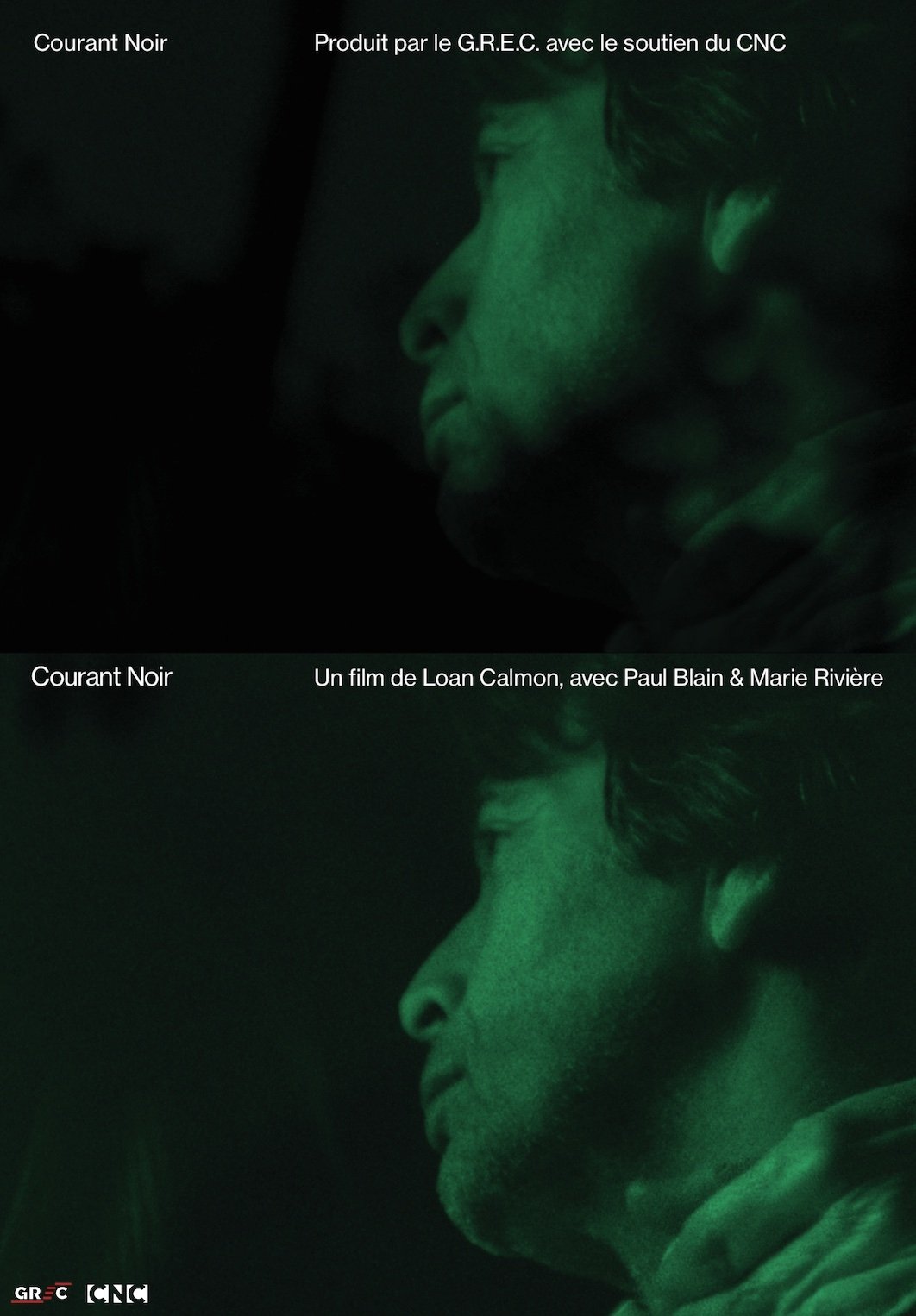
As every summer, a man and a woman spend time in their country house by the forest. They have moved further from each other. This intimate place opens a passage.
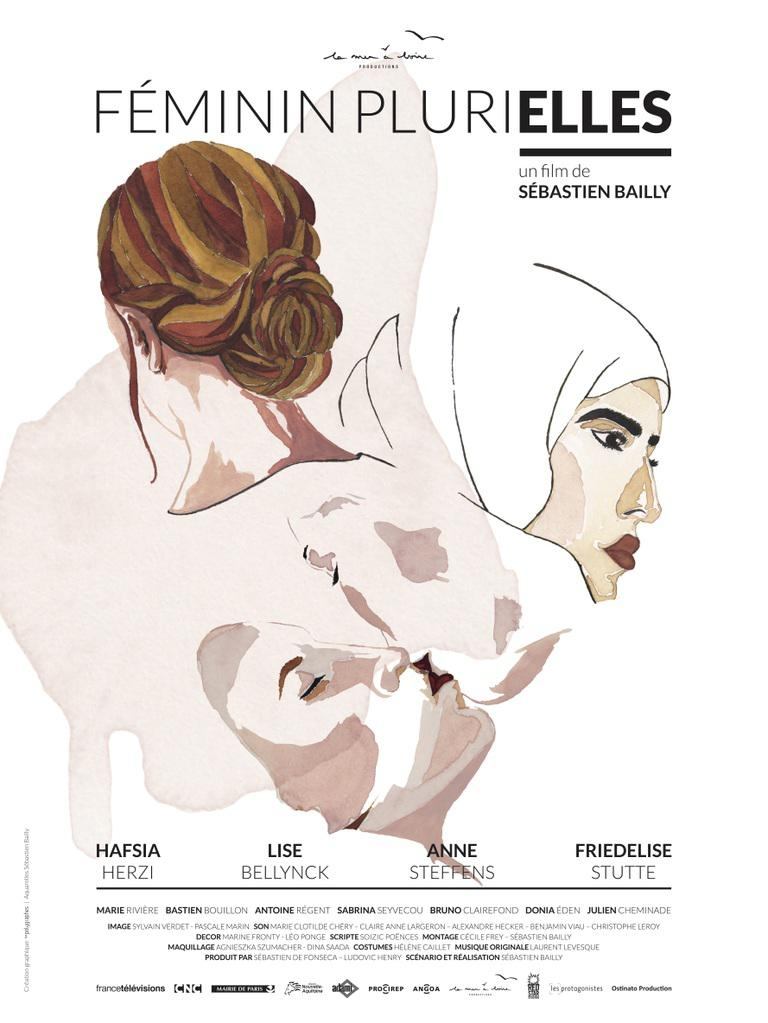
Sweet works in a hospital as a nurse. A new patient has just been admitted. Her mysterious side and her literary tastes fascinate the young woman. Delphine, executive in the same establishment, welcomes a German photographer who came for a report. The attraction is immediate between the two women. Hafsia, who wears the veil and could be refused an exam, meets an exuberant young man whom she falls in love with. She must hide this relationship from her father ...

A man, a woman. A prison director, his inmate. An impossible love, a true story.
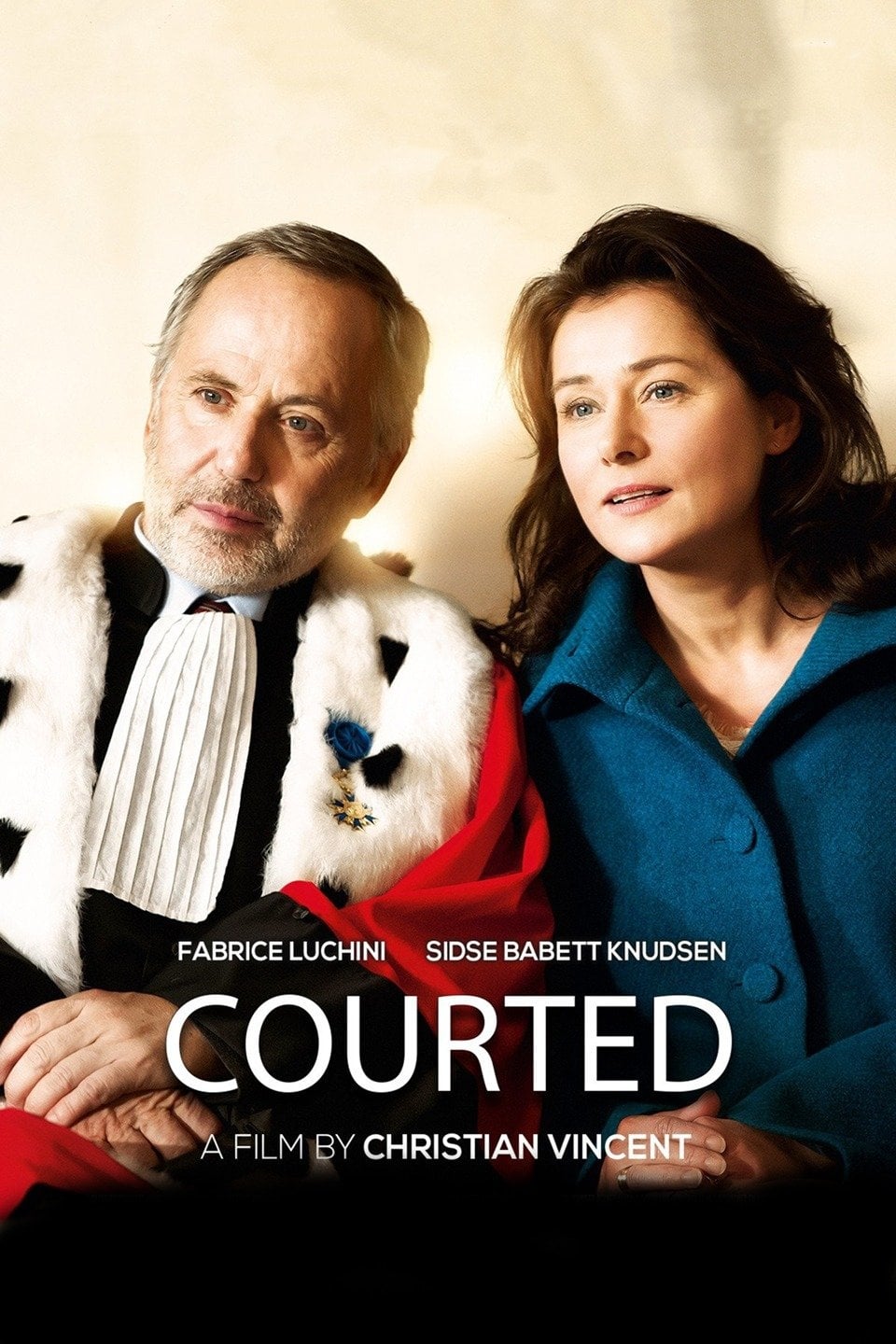
When a feared judge of the French court, Xavier Racine, encounters a French-Danish juror, Ditte Lorensen-Coteret, at a murder trial, their shared past is slowly uncovered.
Marie Rivière (born 22 December 1956) is a French actress and filmmaker. She is known for her collaborations with director Éric Rohmer. From a working-class background, Marie Rivière grew up on a housing estate/project in Montreuil before working as a schoolteacher, then as a shop assistant. At 21, having seen L'Amour l'après-midi, she sent a letter and photo to Éric Rohmer. He saw her in his office at Les films du losange, in the presence of Arielle Dombasle and Thierry Lhermitte, and offered her a small role in Perceval le Gallois. Two years later she appeared in Rohmer's The Aviator's Wife, the first in the Comédies et Proverbes series. The Green Ray, in which she played the fragile dreamer Delphine, was a critical and popular success, and won the Golden Lion at Venice. In 1998 she appeared again for Rohmer in Conte d'automne (Autumn Tale), alongside another Rohmer muse, Béatrice Romand. She co-directed her first film in 1993, with Marc Rivière, La Règle du Silence.
By browsing this website, you accept our cookies policy.